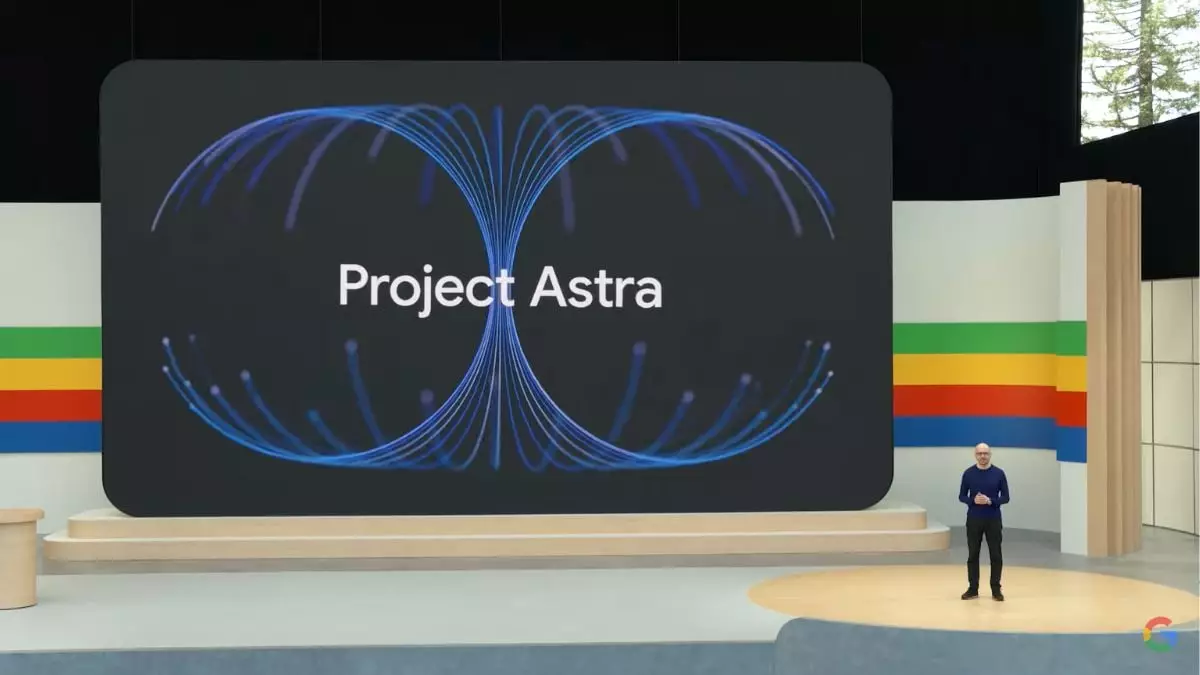Google I/O 2024’s keynote session was a platform where Google displayed its extraordinary range of artificial intelligence (AI) models and tools that have been under development for a considerable period. While most of the features introduced will become available for public previews in the near future, there was one particular technology that stole the show – Project Astra. Developed by Google DeepMind, Project Astra offers real-time, computer vision-based AI interaction, setting it apart from existing chatbots in terms of advanced capabilities.
The visionary mind behind Google DeepMind, Demis Hassabis, introduced Project Astra with a distinct goal in mind – the creation of a universal AI agent that can significantly impact everyday life. According to Hassabis, this AI model had to possess the ability to understand and respond effectively to the complexities of the real world, remember visual information to develop context, and act accordingly. Furthermore, it needed to be teachable and personal, enabling it to learn new skills seamlessly and engage in conversations without delays.
During the presentation, a demo video showcased the remarkable capabilities of Project Astra. In the video, a user interacted with the AI by holding up a smartphone with its camera app activated. The AI promptly responded to the user’s queries, utilizing visual information for context and providing insightful answers. For instance, when presented with crayons, the AI demonstrated generative capabilities by responding with an alliterative description. This level of real-time interaction and response showcased the power and potential of Project Astra.
One of the most striking aspects of Project Astra was its ability to process visual information effectively. When the user pointed towards the window, the AI accurately identified the surroundings and provided pertinent information about the neighborhood. Additionally, the AI showcased its ability to remember objects, such as the user’s glasses, even after they were briefly displayed on the screen. This level of visual processing and recall demonstrated the sophistication and depth of the AI model developed by Google DeepMind.
While Project Astra has generated significant excitement and intrigue, it is important to note that the AI model is not yet available for public or private preview. Google is still refining the model, exploring potential use cases, and determining the best approach for making it accessible to users. The journey of Project Astra represents a significant step forward in the realm of AI technology, with the potential to revolutionize how we interact with artificial intelligence in our daily lives.
Overall, Project Astra stands as a testament to Google’s commitment to pushing the boundaries of AI innovation and redefining the possibilities of AI-driven experiences. As the development of Project Astra continues, it will be fascinating to witness how this groundbreaking technology evolves and impacts the future of AI assistance.


Leave a Reply